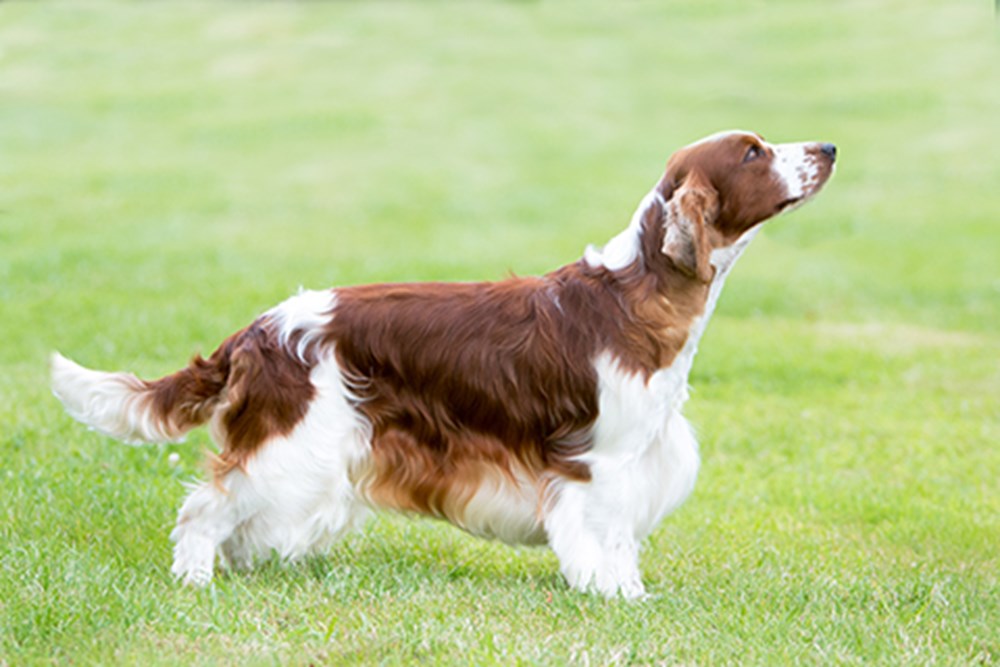Introduction
The Dogue de Bordeaux, also known as the French Mastiff, is a large and powerful breed that originated in France. This breed was historically used for guarding, hunting, and fighting, and is known for its loyalty and protective nature. Today, the Dogue de Bordeaux is primarily kept as a companion animal, and is appreciated for its calm and affectionate disposition.
Dogue de Bordeaux Temperament
The Dogue de Bordeaux breed is widely recognized for its unwavering loyalty, affection, and protectiveness. These gentle giants possess a tranquil and patient temperament that renders them ideal family pets. Moreover, their courage and valor make them highly effective guard dogs. While these dogs form strong bonds with their owners and are usually excellent with children, they may display wariness or distrust of unfamiliar individuals. Adequate socialization and training are essential to ensuring that these dogs behave appropriately and acclimate well to different situations.
Aggression

As with all dog breeds, some Dogue de Bordeauxs may exhibit aggressive tendencies if they are not socialized and trained appropriately. The breed’s protective nature can occasionally result in aggression towards strangers or other animals if the dog feels that its family or territory is under threat. Owners must socialize their Dogue de Bordeauxs early on and provide effective training to discourage any aggressive behavior. Early socialization and training can assist in developing good manners and promoting appropriate behavior.
Health and Lifespan of Dogue de Bordeaux
The reported lifespan range of Dogue de Bordeaux is typically between 5 to 8 years, with some individuals living up to 10 years or more with proper care and nutrition. However, it is important to note that like all breeds, there can be individual variations in lifespan and health issues that may impact their longevity.
Food

When it comes to feeding a Dogue de Bordeaux, it is important to choose a high-quality dog food that meets their nutritional needs. These dogs have a tendency to gain weight, so it is important to monitor their calorie intake and avoid overfeeding. Feeding them a diet that is high in protein and low in carbohydrates can help maintain a healthy weight and support muscle development. It is recommended to choose a dog food that contains whole meat as the main ingredient and avoid foods that contain fillers or artificial ingredients. Additionally, providing fresh fruits and vegetables as occasional treats can help provide additional nutrients and promote overall health. As with any dietary changes, it is important to consult with a veterinarian to ensure that the chosen food is appropriate for the dog’s individual needs.
Training for Dogue de Bordeaux
Training a Dogue de Bordeaux requires consistency, patience, and positive reinforcement. They are intelligent dogs, but they can be stubborn and independent, so it is important to establish yourself as a leader early on in the training process. Start with basic obedience commands such as sit, stay, come, and down, and gradually move onto more advanced training such as leash training, socialization, and agility training. Use rewards such as treats, toys, and praise to motivate and reinforce good behavior. Avoid using punishment or physical force as this can damage the dog’s trust and cause them to become aggressive. Consider enrolling your Dogue de Bordeaux in puppy classes or working with a professional trainer to ensure proper training and socialization.
Conclusion
In conclusion, Dogue de Bordeaux is a powerful and loyal breed that can make a wonderful companion for the right owner. They require early socialization and consistent training to thrive. While they have a few health concerns to be aware of, with proper care and attention, they can live a long and happy life. Potential owners should consider their lifestyle and ability to provide the necessary exercise, training, and attention before committing to this breed.


